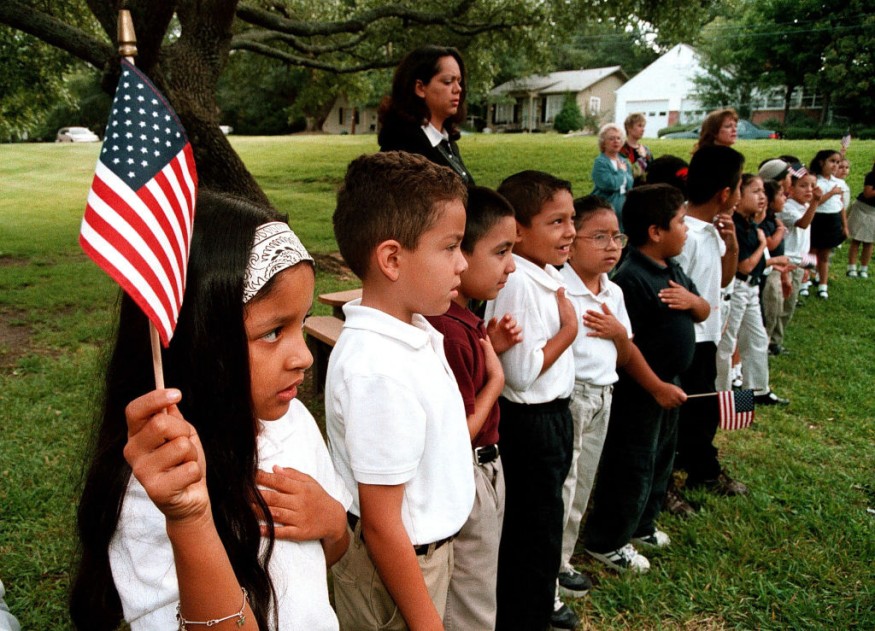Department of Education Data Shows Latino and Black Students Have Less Access to Certified Teachers and Advanced Classes, Have Less Opportunities in School

When it comes to educational opportunities, Black students and Latino students are at a clear disadvantage, as data from the US Department of Education shows, reflecting that have lasting implications for a student's ability to learn effectively and go on to college.
According to the Associated Press, the US Department of Education released new data last Wednesday, and it showed that Black and Latino students in the United States have much less access to advanced classes, counselors, and even certified teachers.
"We view education as the springboard that puts the American dream within reach. Yet access to educational opportunity in this country remains unequal," lamented Education Secretary Miguel Cardona in a statement after the data was released.
The Department of Education released this data as part of the Civil Rights Data Collection, a federal survey of nearly every public school in the country, gathering it during the 2020-2021 school year, which was infamously partially closed due to the COVID-19 pandemic.
There have been deep educational disparities in the US education system for a long time, even after the Supreme Court ordered schools to desegregate almost 70 years ago. This new data showed that this is still happening and that schools that serve predominantly Black and Latino students are lagging behind.
This new data shows that Black and Latino students are more likely to attend schools with lower percentages of certified teachers, with around 522,000 students going to schools that have fewer than half the teachers meeting all the state certification requirements. In these schools, 66% of students were Black or Latino.
As for school counselors, schools with a majority Black or Latino students are more likely to have school security but have no counselors, as compared to the majority White or Asian schools. Sec. Cardona called these stats an "appalling" disparity.
US Department of Education Data Shows Black and Latino Students Less Likely To Attend Advance Classes
These disparities between Black and Latino students and their White and Asian counterparts can also be seen in students who take advanced classes. As NBC News pointed out, Black and Latino students were far less likely to have access to or enroll in those classes.
As the data showed, Black students represented 15% of all high school students, but in Advanced Placement science, only 8% of them are taking that class.
Meanwhile, Latino students represented 27% of all high school students, but only around 20% took up AP Science.
Only 6% of the students in AP Math are Black, while only 19% of students in that same class are Latino. In contrast, White and Asian students are overrepresented in these classes.
"These new CRDC data reflect troubling differences in students' experiences in our nation's schools," Assistant Secretary for Civil Rights Catherine E. Lhamon told the Associated Press. "We remain committed to working with school communities to ensure the full civil rights protections that federal law demands."
Advocates Pointing Out Education Inequality for Black and Latino Students for Years
Education advocates have pointed out the disparities for a long time now, with them already knowing that low-income students and students of color are less likely to take advanced math and science courses even before the US Department of Education data was released.
According to News Nation, the data showed that subjects such as calculus aren't even offered in 35% of schools with high Black and Latino enrollment. Meanwhile, in 5,500 public high schools where Black and Latino students make up 75% of the student body, the number of advanced courses being offered for math, science, and computer science is much lower.
This article is owned by Latin Post.
Written by: Rick Martin
WATCH: Disparity In Graduation Rates for Latino Students PSA - Lloyd Lee
Subscribe to Latin Post!
Sign up for our free newsletter for the Latest coverage!

















